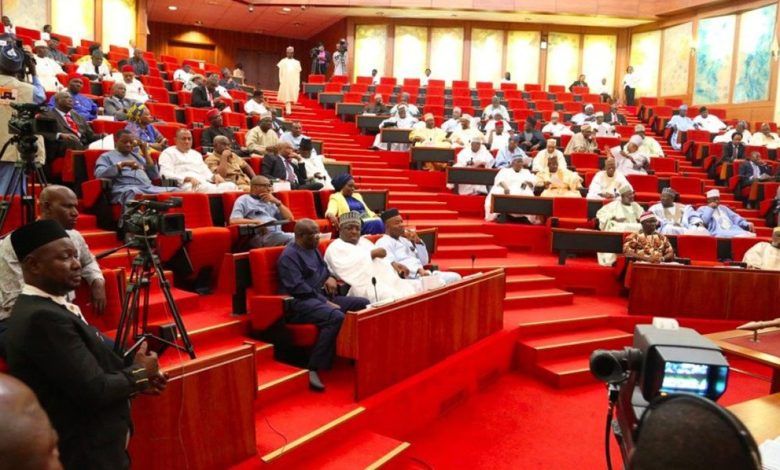
President Bola Ahmed Tinubu has transmitted a ₦1.78 trillion statutory appropriation bill for the Federal Capital Territory (FCT) to the Senate for consideration and swift approval, marking a major step in the administration’s fiscal planning for the 2025 financial year.
In a formal communication read during Wednesday’s plenary, President Tinubu urged the lawmakers to expedite the legislative process, emphasizing that the timely passage of the FCT budget is essential to sustaining effective governance and uninterrupted service delivery in Abuja.
In response, the Senate invoked Order 78, allowing the bill to scale second reading on the same day it was introduced—an uncommon but not unprecedented legislative maneuver aimed at accelerating budgetary action.
However, the fast-tracked procedure drew objections from opposition senator Abdul Ningi (PDP – Bauchi Central), who cited a breach of Order 77 (3 and 4). He argued that the accelerated debate was premature as lawmakers had not received the full text of the bill in advance.
Despite the objection, the Senate proceeded with deliberations on the general principles of the FCT Statutory Appropriation Bill.
Senate Leader Opeyemi Bamidele, who led the debate, explained that the proposed legislation seeks to authorize the issuance of ₦1,783,823,708,392 from the FCT Administration’s Statutory Revenue Fund to finance key expenditures across the capital city from January 1 to December 31, 2025.
Budget Breakdown:
₦150.35 billion for personnel costs
₦343.78 billion for overheads
₦1.29 trillion for capital projects
Bamidele noted that the proposed budget underscores the administration’s drive toward a service-oriented and impact-driven government, with capital expenditure accounting for over 72% of the total appropriation—reflecting a strong emphasis on infrastructure, urban development, and completion of legacy projects.
He further stressed that priority would be given to ongoing projects to prevent resource wastage and ensure value for money, while also integrating new, high-impact initiatives aligned with the broader Abuja Master Plan.
If passed, the budget will fund a wide array of developments including road networks, education, healthcare, waste management, and public utilities—critical areas for the growing FCT population.
The appropriation bill is expected to move to the committee stage for detailed scrutiny in the coming days.





